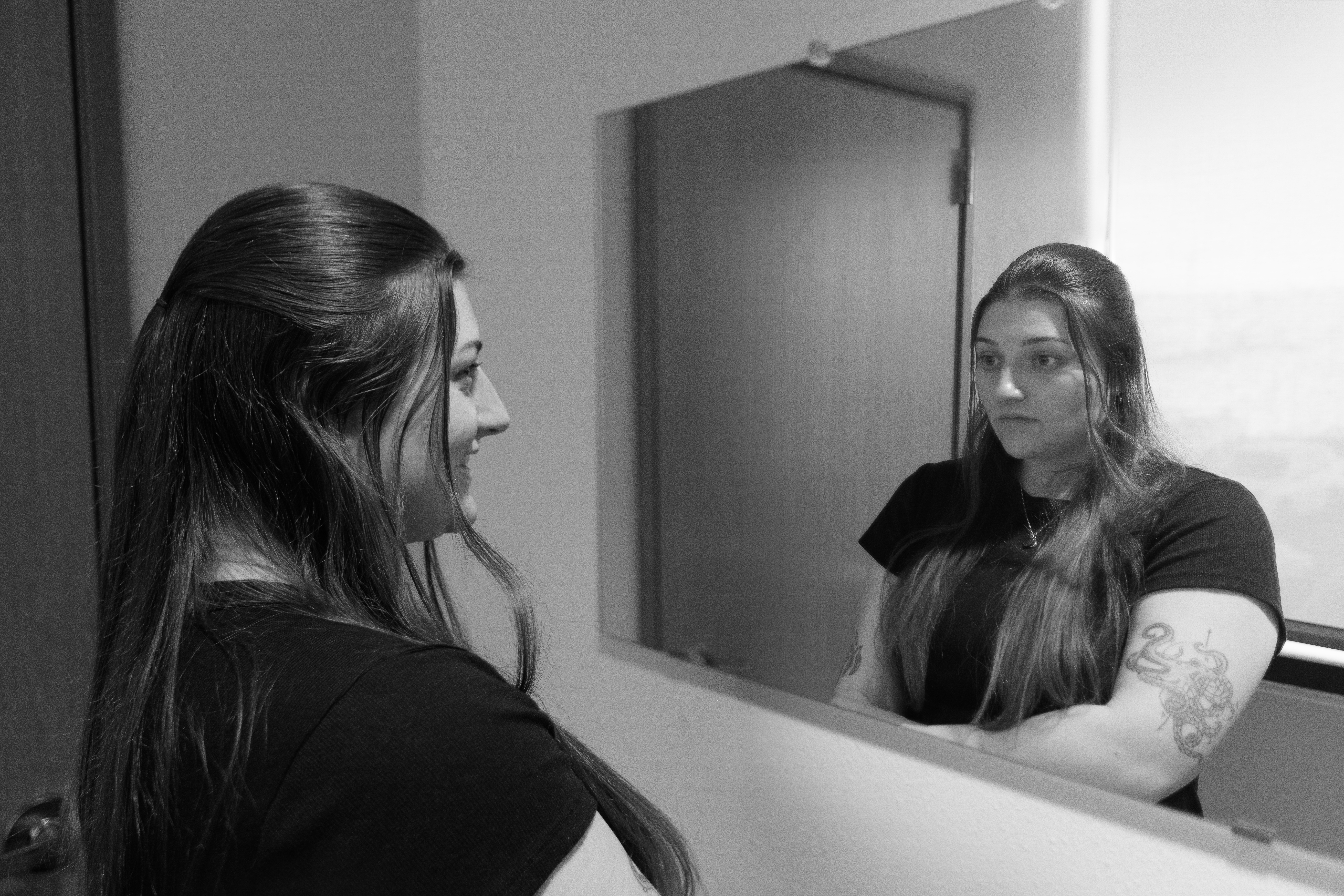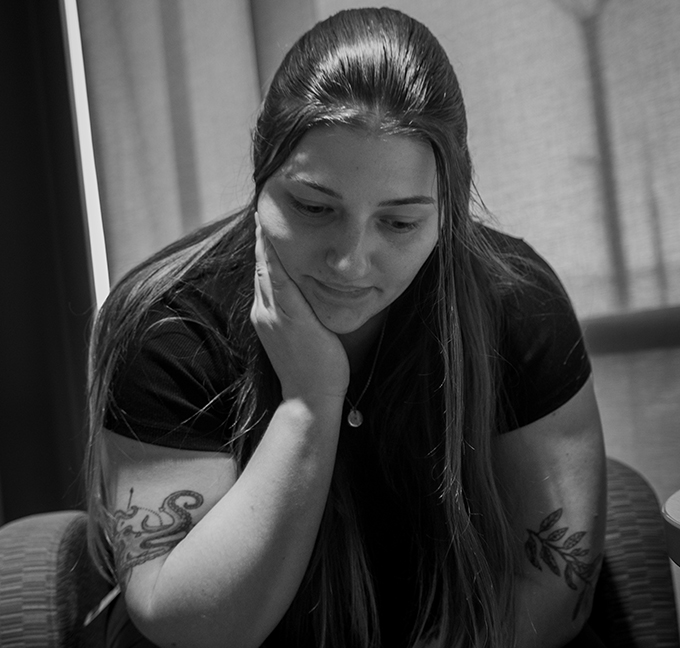Domestic violence doesn’t follow a calendar—it is a pervasive issue that affects individuals and families every day of the year. However, advocates like Áine McCarthy, director of The University of New Mexico’s Women’s Resource Center (WRC), recognize the heightened challenges many survivors face during the holiday season, when financial stress, family pressures, and isolation can exacerbate abusive situations.
“Safety planning is critical for survivors of domestic violence, whether they are planning an exit strategy or just trying to survive and mitigate harm while living with abuse,” McCarthy said.
At UNM, students can access confidential advocates through the WRC, LGBTQ Resource Center, and LoboRESPECT Advocacy Center. These services provide survivors with tailored safety planning, emotional support, and connections to external resources like Albuquerque’s
Domestic Violence Resource Center, Enlace Comunitario, and the Asian Family Center.

While domestic violence occurs year-round, studies have shown an increase in incidents during the holidays. An analysis of trends from the National Domestic Violence Hotline shows an uptick in calls during times of stress, including the holiday season. This can be attributed to various factors, such as financial strain, substance use, and increased time at home. McCarthy emphasizes the importance of community awareness and preparedness during this vulnerable time.
“Having resources readily available and reducing stigma around seeking help can make all the difference,” she said.
Culturally, we tend to center leaving a harmful relationship as the whole solution. However, for many survivors, it is only the first step toward building a new life.
“Recovering from financial abuse is often a part of the healing and rebuilding process,” McCarthy explained, citing a recent workshop by financial coach Tara Hackel that highlighted the Independence Project, an initiative that helps survivors rebuild credit and establish financial independence. “Programs like this can be game-changing for individuals striving to gain a stable footing after leaving abusive situations.”
In addition to financial empowerment, the WRC offers support groups for long-term survivors to help them navigate the emotional impacts of trauma.
“Understanding you’re not alone and making meaning from your own story often helps with the self-compassion that is essential for healing,” McCarthy shared. The student organization SPACE (Student Prevention & Advocacy for Consent Education) also provides a platform for survivors and allies to collaborate on violence prevention initiatives.
Workplace reintegration is another hurdle many survivors face, particularly those who have experienced stalking or other forms of persistent abuse.
“Explaining safety precautions to employers or accounting for gaps in employment can be incredibly difficult,” McCarthy noted, calling for increased workplace accommodations and awareness.
The intersectionality of domestic violence underscores its complexity. “We can’t talk about domestic violence in New Mexico without acknowledging the related epidemic of Missing and Murdered Indigenous Women,” McCarthy said, emphasizing the work of organizations such as the Coalition to Stop Violence Against Native Women, which advocates for the safety and rights of Indigenous communities.
She also noted that transgender individuals, particularly femmes, are especially vulnerable to abuse, with organizations like the Transgender Resource Center of New Mexico working to support this community.
In a call to action, McCarthy encouraged community involvement through donations and advocacy. The WRC’s Nurture & Thrive Fund, a scholarship that assists survivors in covering costs associated with immediate safety or supportive measures, offers one avenue for support. At the state level, the New Mexico Coalition of Sexual Assault Programs and the Southwest Women’s Law Center are championing legislative efforts to advance consent education and survivor-centered policies.
“Keep an eye on their efforts. They are fighting for survivors every day,” McCarthy urged.
Domestic violence isn’t something we can ignore once the awareness month passes. It’s a year-round issue that demands year-round solutions. By supporting survivors, advocating for systemic change, and reducing stigma, we can create a safer, more compassionate community.
For more information or to get involved with the UNM Women’s Resource Center and its initiatives, students and community members can reach out via: women@unm.edu
